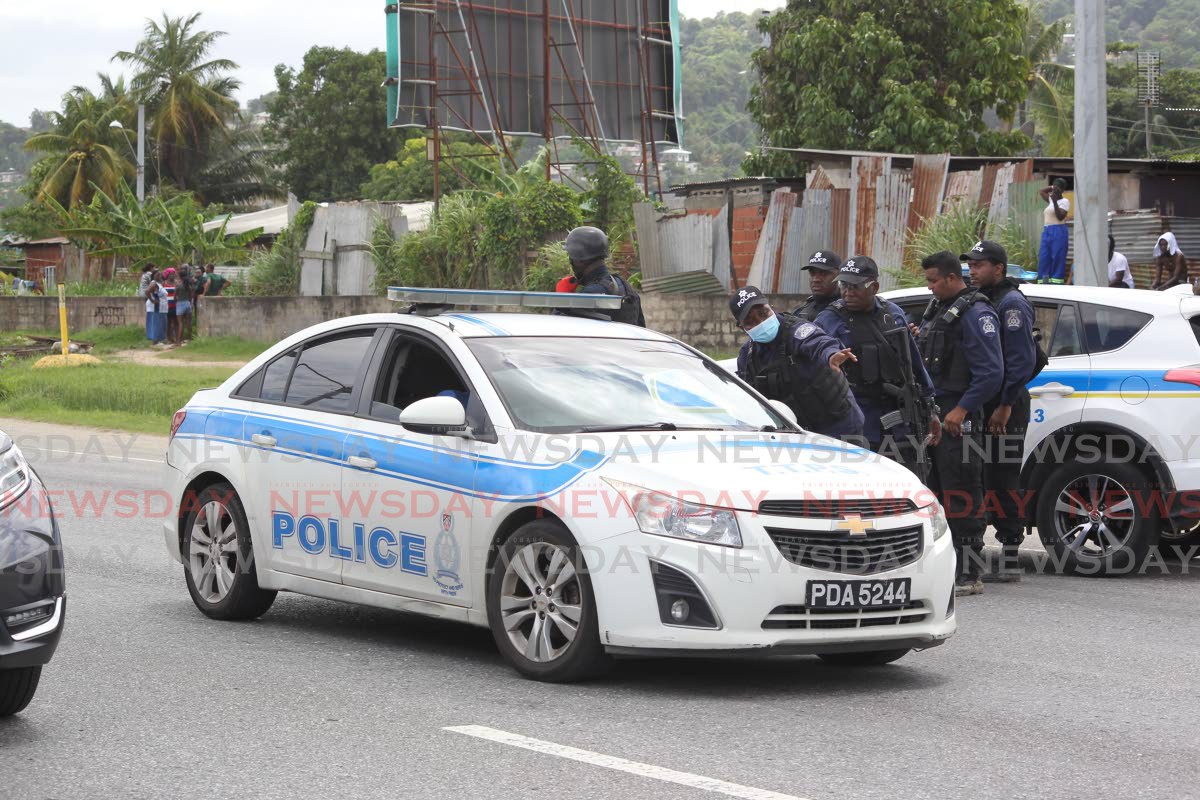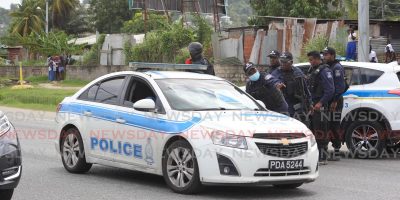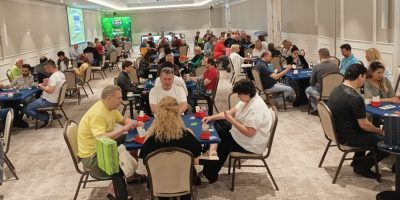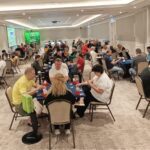Newsday
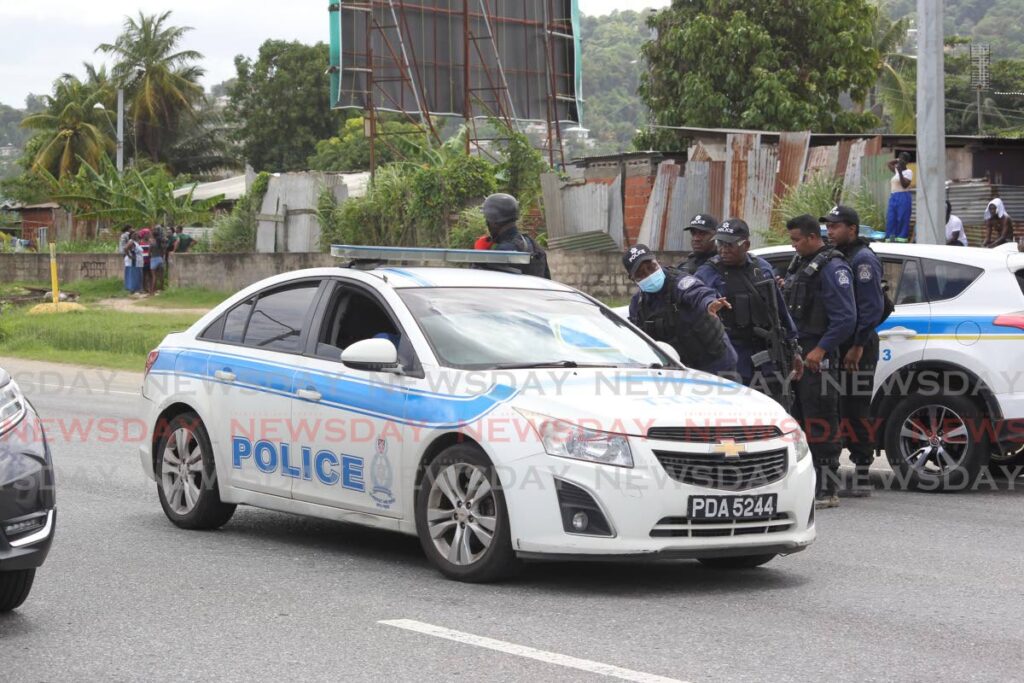
Beetham Gardens, Beetham Highway.
Monday, July 4, 2022. –
Classic Kings Promotions became the most recent event promoter to run afoul of the police.
November Freeze, their dancehall concert, got the cold shoulder from officers who declared it a threat to public safety.
Acting ASP Wayne Stanley of the Special Investigations Unit objected to the event advertised for November 16 in Tarouba, during the San Fernando Licensing Committee’s hearing on November 14, arguing that some dancehall artistes influenced gang activity.
The Licensing Committee disagreed, but the event collapsed when it became clear that the Jamaican headliners, Chronic Law and Najeeri, faced being denied entry into TT. Classic Kings cancelled the show, and a senior magistrate revoked its bar and dancehall licences.
Police made the same argument for public safety that led to the recent cancellation of two public birthday celebrations in Port of Spain.
>
Trinibad artiste Kman 6ixx’s party planned for November 2 at St Paul Street was called off because the court did not grant the approvals. He was charged in February under the Anti-Gang Act and was recently banned by St Kitts authorities as a security threat.
Similarly, a party for Ancel “Prezzy” Villafana, at Beetham Gardens, on November 8 was also shut down after police objections. Villafana was freed of gang charges in 2023, four years after his arrest in 2019.
Police claim to have gathered intelligence linking music championing violence and illegal behaviour to these public events, but officers are on a slippery slope with this tactic.
Heavy-handed bans on parties and shows are only likely to push them underground, where they will manifest as smaller, unmonitored gatherings that are potentially more influential and detrimental to civil society.
November Freeze was expected to have 100 officers on duty, a responsible strategy for crowd control that failed to persuade officers.
It’s worrying that these concerns also haven’t been articulated to party promoters clearly and in advance. November Freeze felt the chill just days before the doors were to open.
Police are also untrained in cultural evaluation.
Globally, performers and bands have been accused of being a bad influence on youth. Police concerns about Trinibad music echo the outrage over American rock and roll superstar Elvis Presley 68 years ago.
In TT, calls to ban smutty calypsoes, limits on radio airplay of calypsoes during Lent, and concerns about decadence encouraged by soca music occurred within the lifetimes of many still alive today.
>
When Superblue changed soca music by increasing its pace and introducing the “wave,” calypsonians and veteran soca singers disparaged the evolution.
For every musical trend and style that has spoken to the youth of the day, there has been a phalanx of elders ready to pillory it.
If Trinibad music is disturbing to society’s gatekeepers, it’s because it’s supposed to be. That’s the nature of youth culture.
But it also articulates the frustration and anger among the nation’s youth that resonates with a generation contending with the gap between the life they are promised and the reality that they live.
There’s something beyond “police intelligence” to be gleaned from its popularity.

